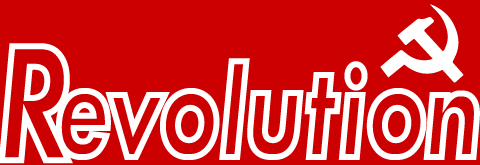The Living Thoughts of Karl Marx
“Don’t you wonder,” asks Marx in Howard Zinn’s play, Marx In Soho, “why is it necessary to declare me dead again and again?” Twenty years ago, at the fall of the Berlin Wall, the capitalists and their spokespersons felt triumphant. Not content with proclaiming the end of Communism, the end of Socialism, they also proclaimed the end of history. “in the argument, between capitalism and Marxism,” wrote Reuben Abati, “ it is the free market intellectuals that have won the battle.”
And now in their search for a way out of the economic wreckage of their system, the capitalists and their ‘intellectual’ hangers-on are ‘resurrecting’ Marx. “… Hovering out there in the fog, unavoidably, is the towering specter of Karl Marx, the grandfather of political economists, whose damning critique of capitalism’s inadequacies played an outsized role in world history for a century after his death in 1883,” writes TIME’s Peter Gumbel. It is this article, Rethinking Marx that furnishes the platform for an ongoing debate.
As a rule, people do not like change, particularly sharp and sudden change that upsets their preconceived notions and beliefs. This persistence of belief is quite evident in the article A Crisis Marx Could Not Have Foretold by Ijeoma Nwogwugwu. After a long period of relative prosperity in which “unbridled capitalism and market forces, deregulation, liberalization and privatization” gave the writer “access to relatively fast and reliable internet service” where she was able to search for previous TIME magazine cover stories on Karl Marx, it is no wonder that the natural reaction to the current economic crisis is one of shock and disbelief.
